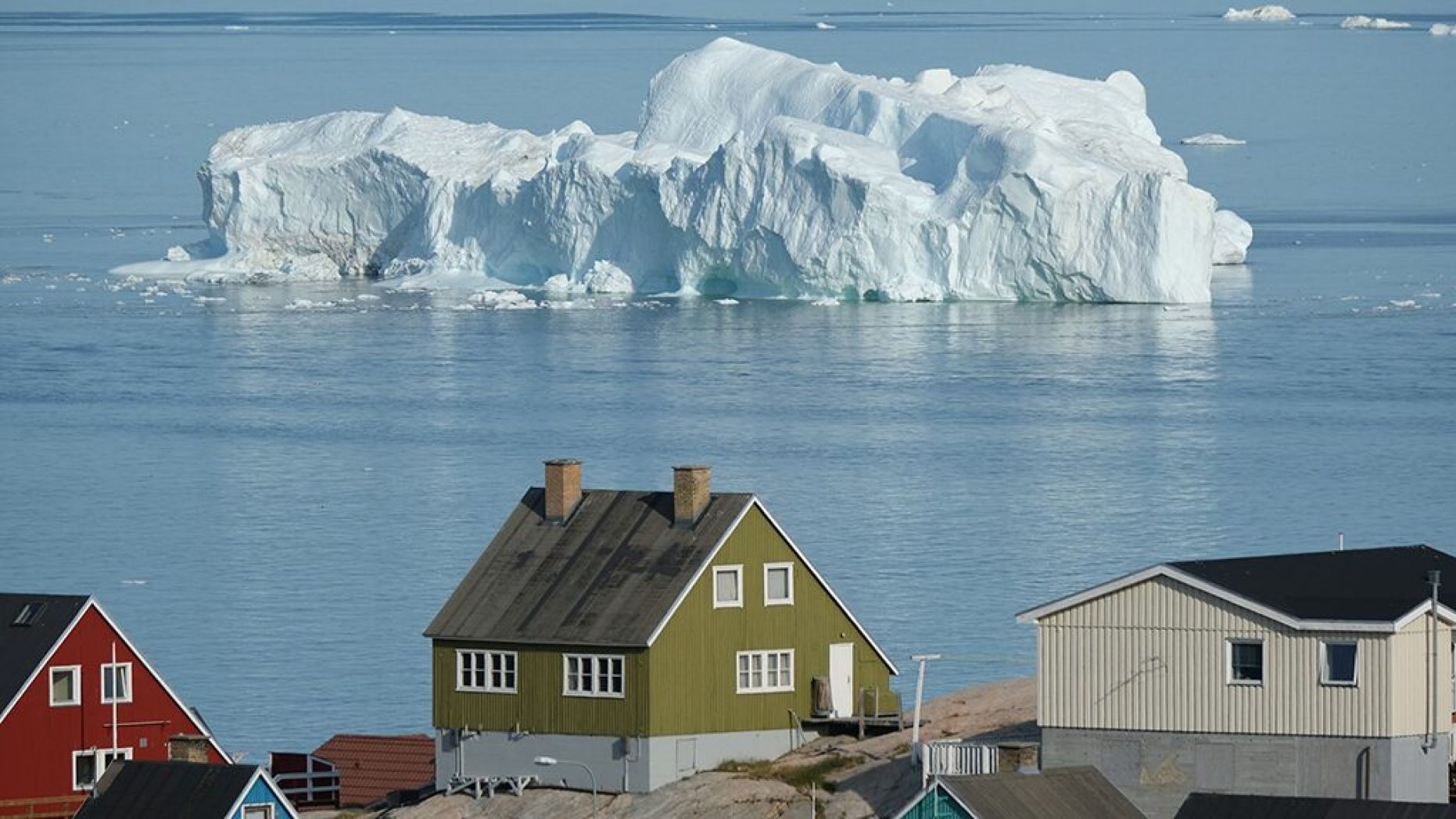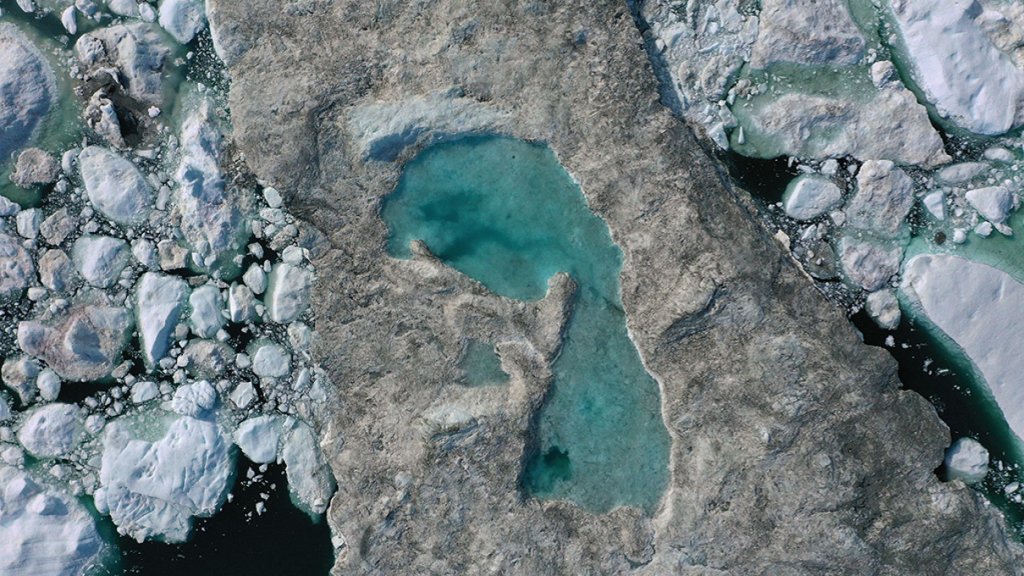Climate change exacerbated the stifling heat that baked parts of Europe last week was much hotter, experts revealed on Friday.
The heatwave, the second to hit Europe since late June, marked temperature records in Paris, as well as in Germany, Netherlands, and other countries. Nuclear reactors in France and Germany were forced to reduce the impact or shut down because the water used to cool them was too warm, to handle the operations.
The hot air, which backed the entire continent after traveling from Northern Africa, trapped over Europe for about four days. It has now moved to the north over Greenland, causing the surface of the island’s vast ice-covered region to melt at a record pace, posing threats of abnormal glacier melt and rising sea-levels.
Greenland’s glacial melt is producing enough water to cover all of Florida by several inches, according to researchers. 2012 still has the record with nearly 90% of the island’s ice affected, but there’s still a month left in Greenland’s 2019 melt season.

Greenland’s ice sheet usually melts during the summer. But, it started melting a lot earlier than usual this year, in May, and the current heatwave is expected to accelerate the process.
World Weather Attribution, a group that conducts instant analyses of weather events to check if they are driven by climate change, revealed that for France and the Netherlands, the four days of extreme heat last week were a rare event even for a warming world. But it said climate change had made the heatwave at least 10 times more likely. In Germany, the heatwave was at least eight times more devastating because of climate change, the group found, and in Britain, where the heat did not linger for a longer period, it was at least two times more likely.
Relevant: Europe Heat Wave as shown by Satellite, an alarming moment for Human Beings
“Climate change has increased the likelihood and severity of heatwave episodes across Europe, which will have also increased the risks of a 40 Celsius temperature event in the U.K.,” he said.

